Politics was a not something he inherited. As a young college student in 1967 Muhammad Yusuf Tarigami fought for the rights of the peasants. Doggedly averse to a stratified society, Tarigami feels that everyone has a right to live with dignity in a democracy. Speaking to
JAMSHEED RASOOL of THE KASHMIR SCENARIO
Tarigami feels that time has come for the Hurriyat to contest elections.
Childhood is a fascinating period of a person’s life. Tell us a bit about your childhood?
Right from my childhood days I was emotionally attached to the basic issues facing the people of my village in Kulgam district. I had an instinct towards highlighting the sufferings of the people of my community. Mine was an agrarian family. Politics was not a gift I received. I have had a hard slog fighting my way in to politics. In 1967 the tehsildars were forcibly extracting surplus food grains from the helpless peasants. I raised my voice against chakdaars as a young chap. I realized that if the feudal system had ceased to exist then how come the landlords make the tenants work in their fields and tax them heavily.
Was feudal system in place at that time? The common opinion is that feudalism in Kashmir ceased to exist in 1947.
In Katroosa village, the neighborhood of my native village Tarigam, Chakdaars(equivalent of small landlords) would make the poor tenants work in their land. The harvested crop was kept in the home of the Chakdaars. Stripped of food grains, the grass would belong to the Chakdaars. The peasants had to do the tiresome ordeal of mending the thatched roof of the land owner and this work was done without wages.
In 1967, I along with Chaman Lal kantroo called a meeting of the peasants. The peasants were fearful that the very thought of mutinying upon the land owner would call for land owner’s wrath. Their fears came true when the Tehsildar of the area Ghulam Qadir Khan got police with him and cordoned off the area where the meeting was taking place. I was put in custody and was surprised to see that many of my relatives were in the custody as well. That prompted my crusade against injustice and after relentless bouts of struggle I was able to represent my constituency.
So it was a fight against injustice meted out to peasants that propelled you towards politics.
Politics is not a gift that I received. I have earned it. I have spent over 7 years in jail under various Acts. I was booked under Defense of India Act (DIR), Preventive Detention Act (PDA) and Public Safety Act (PSA). In fact I was the first person to be booked under PSA. Many of the prominent leaders of the Hurriyat Conference were my friends in jail. I wanted to give justice to the helpless and voice to the voiceless. That boyish zest imparted vibrancy to my pledges and I started on a torturous journey.
As regards the political history of the state of Jammu and Kashmir, there were people like GM Sadiq and Abdul Hameed Karra who had left inclinations. This group of politicians was backed by intellectuals like Abdul Rehman Rahi. Don’t you think Communism as an ideology has etherized away in the Kashmir of today?
Let me tell you that the left influence in Kashmir was significant. During the quit Kashmir movement, the influence of the communism in Kashmir was prominent. I agree with you that there is absence of communist influence in Kashmir. There are varied reasons for that-local, national and international. The capitalist west celebrated the breaking apart of the USSR.
Having said that, I feel the communism is back. You see worldwide there is a huge movement in favour of communism. The Occupy Wall Street protest is an indicator of the fact that the call for communism and socialism is not relegated to the third world countries only but it has reached the heart of the capitalist world.
Do you believe apart from China, Russia and Cuba there are countries which are leaning towards communist ideology? What could be the possible reasons for that?
Yes I sincerely believe that. You see after crushing setback socialism is back. There is a huge scope for alternative policies like communism. The Latin America countries are shifting towards left-oriented politics. In Pakistan recently, there was less noise about emotive issues but the issues of corruption and load shedding ruled the roost. I believe that the communist movement must draw lessons from newer dimensions evolving in the political landscape of the world. Communism must find solution within the existing reality.
The Kashmir issue has ripped apart the socio-economic sphere in Kashmir. Do you believe third-party mediation can be useful to help solve the Kashmir issue?
Kashmir, no doubt, is an outstanding issue. Kashmir issue has emotive elements associated with it. It is indeed a historically unsettled issue. The pain of partition may be over in the rest of the sub-continent but the hangover continues in this part of the world. The people of Kashmir have not been given their due. The suffering of a common Kashmiri continues to grow.
Having said that, I feel UN resolutions are rendered obsolete in the world of today. The United Nations itself has been made irrelevant by the United States of America (USA). In Palestine, Iraq or Afghanistan we have seen how USA bypassed United Nations. There is no point of bringing UN mediation.
Separatism is also a dominant discourse in Kashmir. While as the mainstream leaders slog it hard for Sadak, Bijli and Paani, the separatists advocate an independent Kashmir and It seems never shall the twain meet. Don’t you think separatists and the mainstream leader should come together on a common platform?
Unfortunately we are divided into two discourses- mainstream and the separatism. You see in the time of the British rule Muslim League and Congress also partook in elections. At a time when even the United Nations is irrelevant where should a Kashmiri go? Why not to fight elections? Why should we leave the scene for the non-state actors? Hundreds of people visit my house in Tulsi Bagh searching for their kith and kin. I think the time to address the basic issues has come. Electoral process is a relevant process provided a good number of people partake in elections.
Somebody has to address the basic issues of electricity, roads and unemployment. Emotive issues can wait for a while. As a matter of fact the separatist and the mainstream lobbies are unanimous in condemning the exploitation of our water resources. Why can’t we give a unified memorandum? Why can’t the mainstream and the separatists come together?
In 2008, 2009 and 20110 protests were ubiquitous on the streets of downtown Srinagar. Why is there so much alienation in the youth of downtown Srinagar?
The people of downtown Srinagar are economically neglected. They are economically crippled. You see the people of Kashmir are getting ration as per the census of 2001. Lakhs of families do not receive ration. When there is so much disparity, protests are bound to happen.
Coalition governments they say is the weakest form of democracy. Why is it that the goodness of a democracy does not percolate to the ground level in a coalition government?
You see the sense of being dominated by a monolithic power is so overpowering that coalition seems to be a pleasant alternative. Till 1967 we had a one-party rule in Kashmir. We had a one-party rule from 196-2002. What development did take place at that time? Who do you think prevents Omar Abdullah from doing good things? Congress!!!
You are an important member of the recently launched third front. You think the third front would be a force to reckon in the coming state elections of 2014?
The third front was not created to gain in electoral exercise. Third front is an alternative for an alternate set of ideologies. Without losing our individual identities can’t we find a common ground? Corruption is all pervasive. We have to fight against this corruption. We have to raise our voices against unemployment.
The state of Jammu and Kashmir has massive potential for investment is hydroelectricity, tourism and other sectors. Why is investment not happening?
You see the private investment firms do not relish the prospect of investing in Kashmir. You see there are plenty of rich ethnic Kashmiri businessmen. They do not want to invest in Kashmir. They instead like to invest in places like Dubai. We have to depend on financial institutions outside our state to tap our hydroelectricity. We cannot lose sight of this obvious fact. An autonomous voice independent of security agencies is needed to propel the state of jammu and Kashmir towards development.
As regards the new employment policy, do you think young men would find it interesting to take to government jobs? Would government jobs be able to retain their prestige and value with this employment policy?
Casualization, contractualization and privatization are the three terms coined by the capitalist west. Capitalism has now morphed into neo-liberalism. State can now no more intrude into labour policies of the private industries. Shafi Uri of National Conference as the then education minister started Rehbar-e-Taaleem(RET) scheme. To me it is clear cut exploitation of the educated youth. The schemes like the new employment policy exploit the helplessness of an employee. The Special police officials (SPOs) are disengaged at will. I am pained to see Post-graduates opting for a Rs.3000 job.
You think time has come for Hurriyat to jump into the elections and prove their mandate? And do you sincerely believe that they would be able to do so in 2014?
You see I was so happy to hear Mirwaiz speak against the election boycott call. I welcome the historic statement of Mirwaiz Umar Farooq. However, I would love Mirwaiz to speak likewise from the floor of the state Assembly. Time has come to jump into the election and highlight the sufferings of the people.





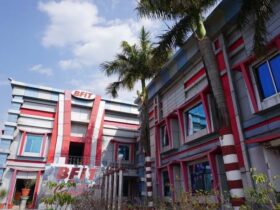



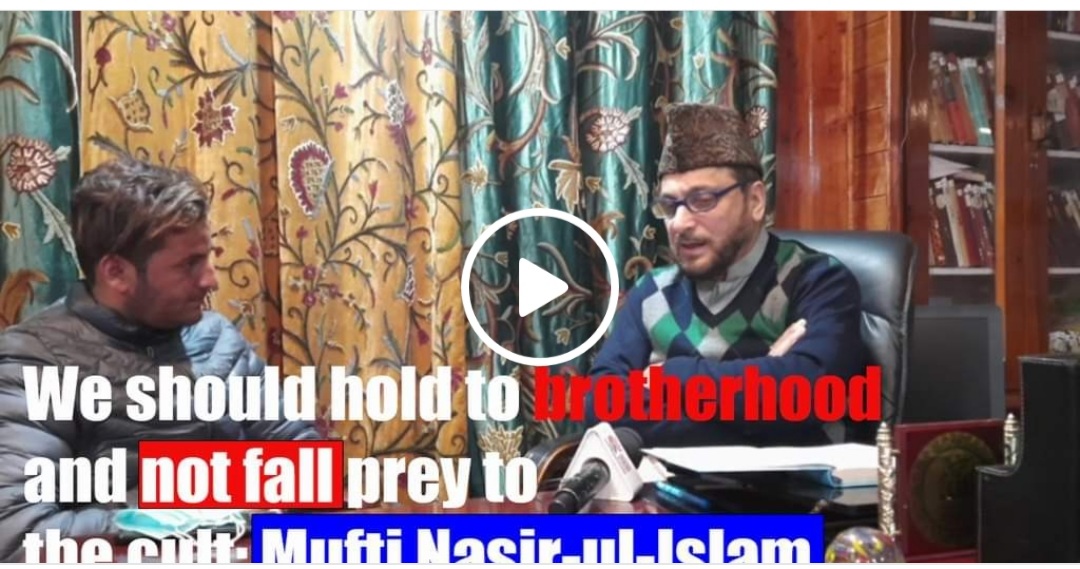

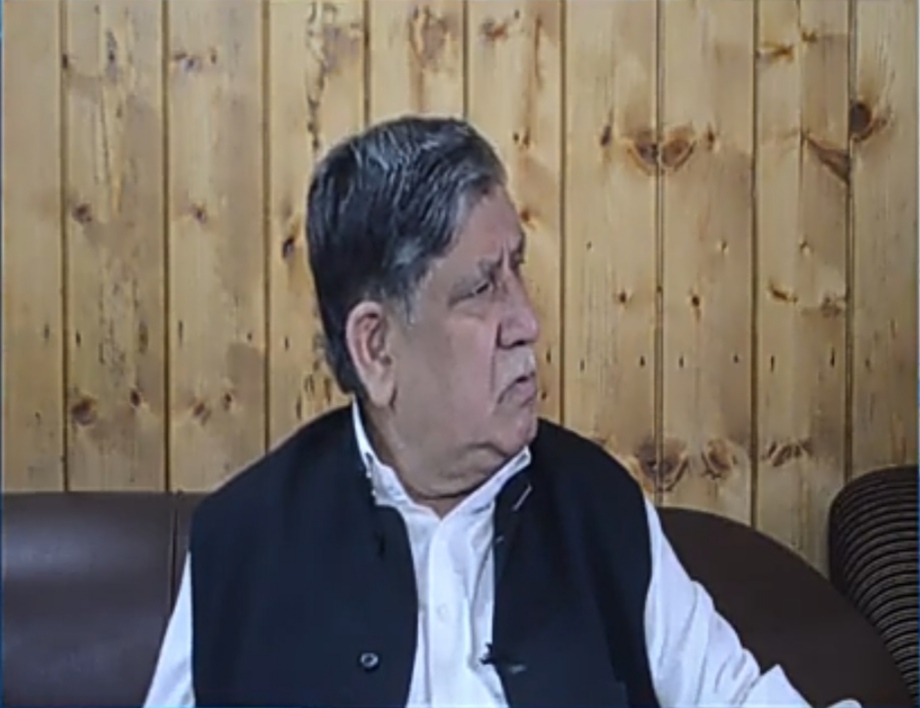
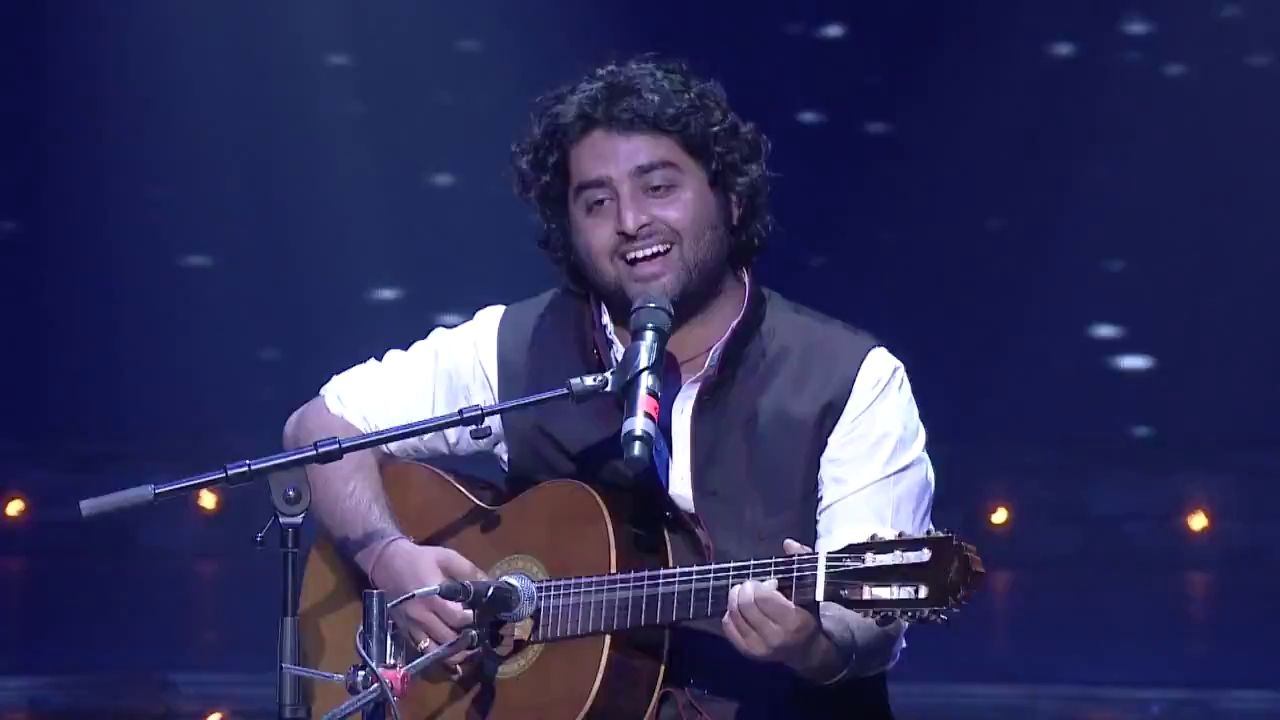
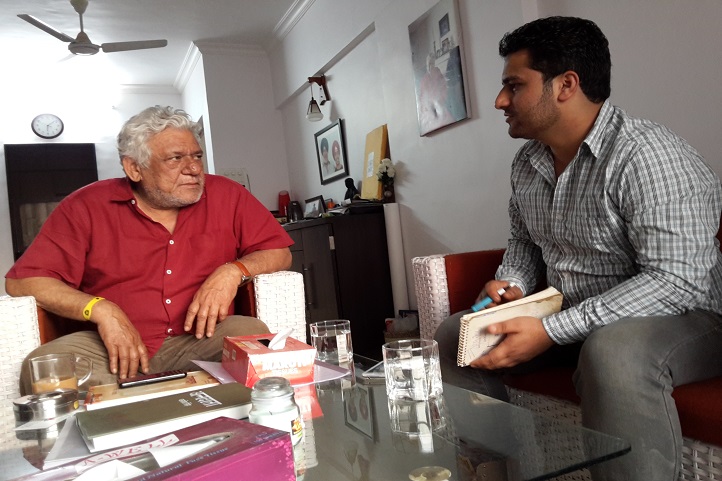
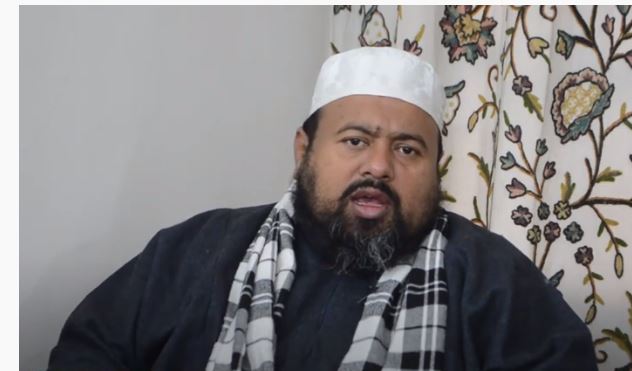
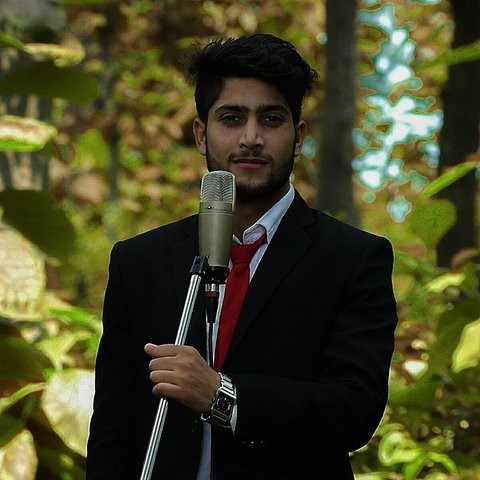
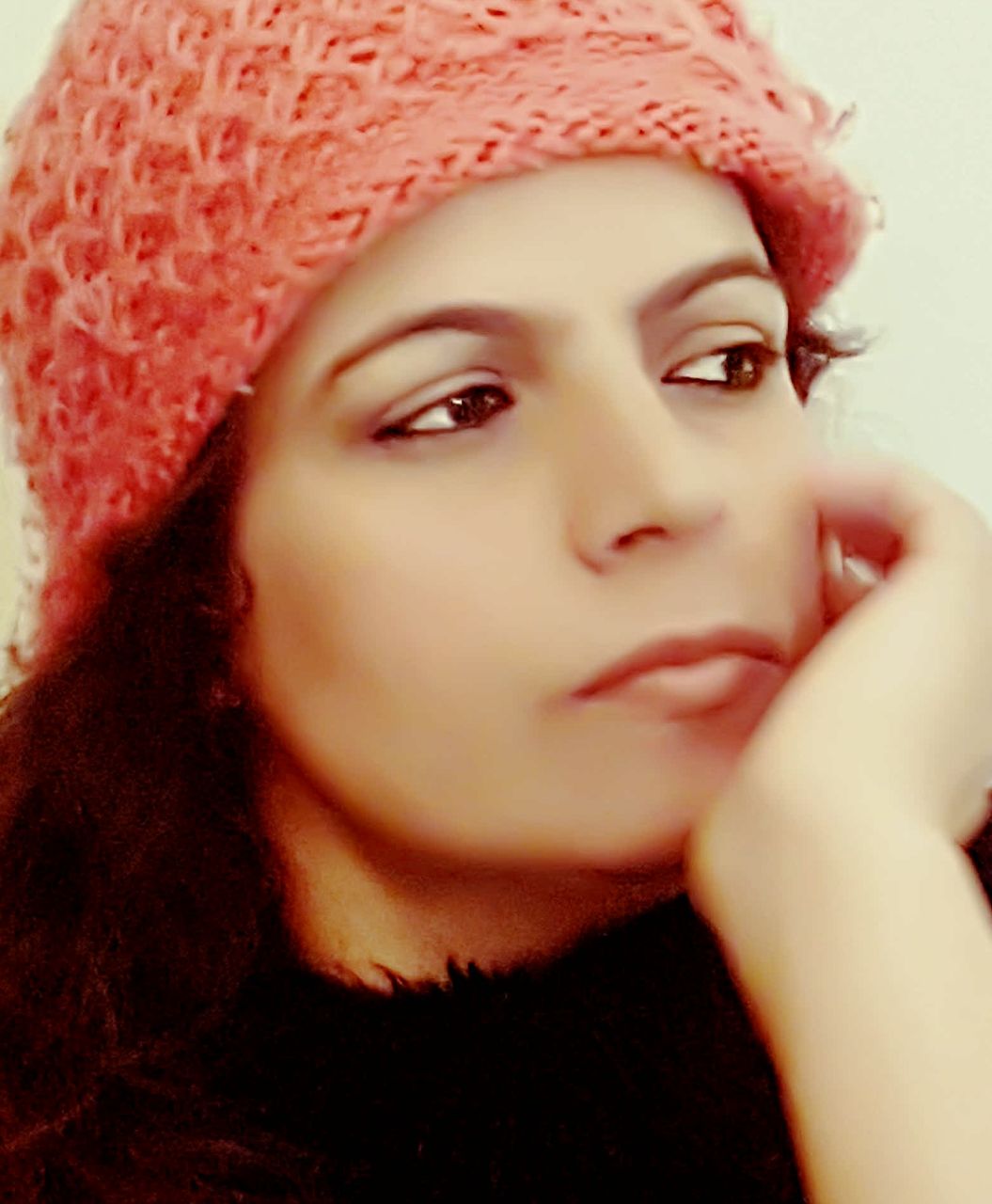
Leave a Reply